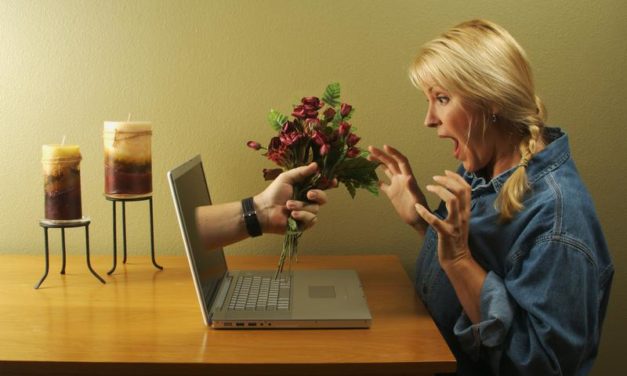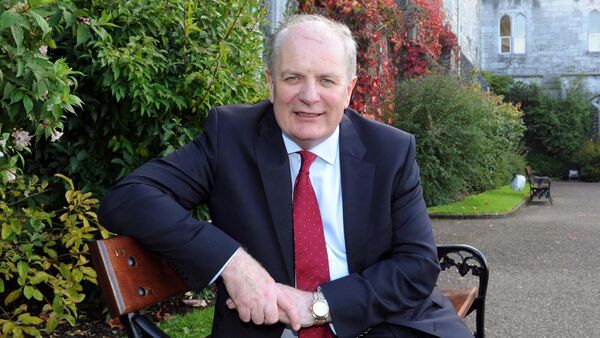Amidst Covid-19 everyone has seen a huge shift in how we go about our everyday lives. What it has stolen from people is a list too long to name.
From the little things we miss like shopping or sitting in a coffee shop to the much bigger things like friends, family and even going back to work.
For many single people, it has taken away a year’s opportunity to meet the one in a pub, a bar, or at work. As if dating wasn’t hard enough – meeting strangers, being emotionally vulnerable, now throw the worries of health and safety into the mix.
Whilst many have turned to virtual dating or even socially distanced dating, it’s just not the same. Now in a third lockdown where meeting strangers in person isn’t so normal, the chances of meeting the one in a social situation are slim if not impossible.
While a third of relationships start in the workplace, the statistics in 2021 on how people met each other will more than likely look very different.
Recruit Ireland asked their followers to take part in a poll. The question was ‘Amidst the pandemic is your approach to dating changing? Or will you wait until things go back to normal before meeting someone ?’
Only 14% of people said their approach to dating would change by using Zoom dates or dating apps, whilst 86% said they would wait until things go back to normal before meeting someone.
Could this have a knock-on impact on the average age of marriage, family planning, and more?
Recruit Ireland spoke to Irish research company, Core, which provides the latest consumer research on how people are adapting to COVID-19. Within their ‘Core Dating Research 2021’, their findings have shown that:
- 4 in 10 Irish adults would not be interested in meeting up with anyone for a date until they are vaccinated
- 2 in 5 18-25-year-olds feel that dating apps make them feel more lonely
- Almost half (48%) of Irish couples feel that being locked down with their partner has improved their relationship
Research executive at core, Stephen Mooney, said: “We have seen in the past decade that delays in traditional milestones like getting married, buying a house and starting a family have all increased. Based on this research, these two years will delay these milestones further.”










